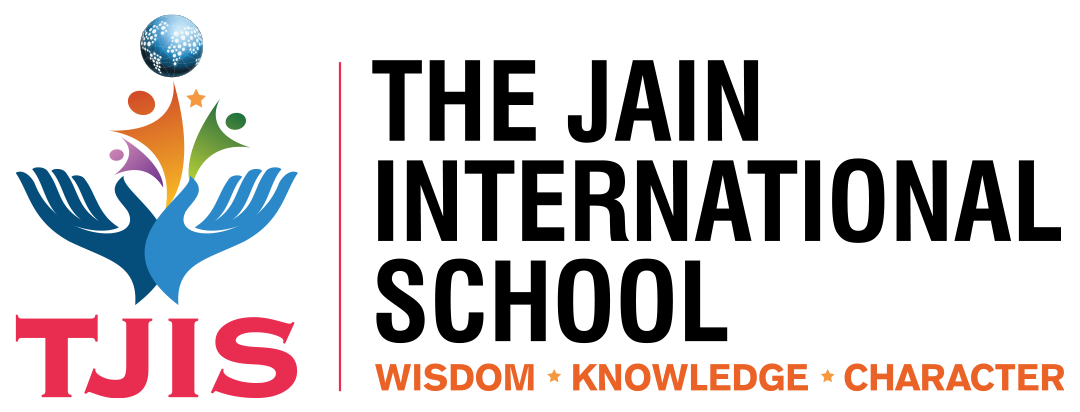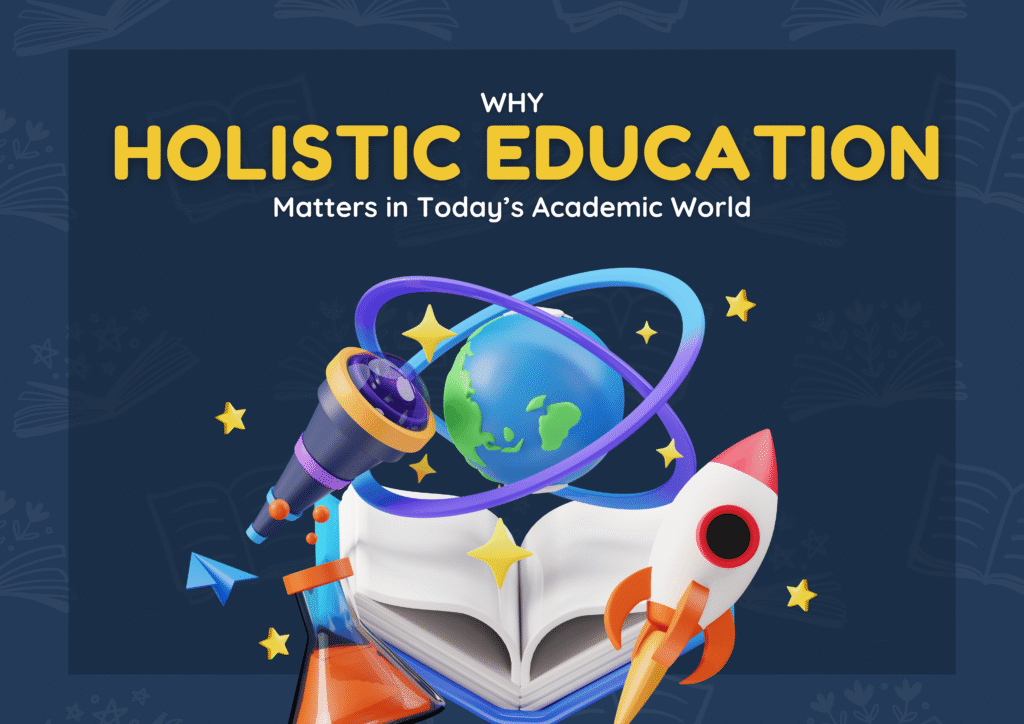The Importance of Holistic Education in Today’s World
In a world rapidly evolving through technology, globalization, and constant social change, the role of education has also undergone a major transformation. While academic achievement remains important, the need for holistic education—an approach that nurtures the mind, body, and soul—has never been more relevant than it is today.
Holistic education focuses on developing the whole child, equipping them not only with academic knowledge but also with emotional resilience, ethical grounding, creativity, physical well-being, and social responsibility. In contrast to traditional learning, which primarily emphasizes textbook knowledge and standardized testing, holistic education prepares students to become compassionate, thoughtful, and adaptable individuals.
1. Nurturing Emotional Intelligence
One of the greatest advantages of holistic education is the emphasis on emotional development. In today’s high-pressure world, academic success alone does not guarantee happiness or productivity. Children need to understand and manage their emotions, empathize with others, and navigate relationships effectively.
By incorporating life skills training, mindfulness sessions, and emotional well-being workshops, schools can teach students how to cope with anxiety, handle peer pressure, and communicate better—all of which are critical to lifelong success.
2. Focus on Physical Well-Being
Health and education are deeply interconnected. Holistic education gives equal weight to physical development through sports, yoga, dance, and fitness activities. When students are active and healthy, they’re more focused, perform better academically, and develop confidence.
Moreover, incorporating physical activities encourages discipline, teamwork, and perseverance, traits that help children excel in every area of life.
3. Encouraging Creativity and Innovation
Holistic education provides ample opportunities for creative expression—through art, music, drama, and design thinking. Creativity is not just an artistic skill; it’s the foundation for problem-solving, critical thinking, and innovation—skills that the 21st-century job market values highly.
By encouraging out-of-the-box thinking and curiosity, holistic education helps students become not just job-seekers, but change-makers
4. Building Social Awareness and Responsibility
Today’s students are tomorrow’s global citizens. Holistic education teaches them the importance of community service, environmental responsibility, diversity, and inclusion. Through initiatives like plantation drives, charity events, and cultural programs, students learn to give back to society and respect different cultures and backgrounds.
This instills in them a sense of purpose and accountability, shaping them into responsible, ethical adults.
5. Stronger Student-Teacher Relationships
In a holistic educational environment, teachers are seen not just as instructors but as mentors and facilitators. The focus is on understanding the individual learning pace, emotional needs, and strengths of each child. This creates a supportive and safe learning space where students are more engaged and confident.
Strong student-teacher relationships improve not only academic outcomes but also the overall emotional security and well-being of children.
6. Preparing for a Balanced Life
Ultimately, education should prepare students for life, not just exams. A holistic approach ensures that students graduate not only with knowledge but with character, curiosity, compassion, and courage. These are the real tools they’ll need to thrive in personal relationships, workplaces, and communities.
Holistic education thus bridges the gap between what is taught and what is needed in real life. It helps students find meaning, joy, and fulfillment in their journey—not just at school, but well beyond it
Final Thoughts
In today’s dynamic world, the role of education must expand beyond classrooms and curricula. Holistic education is not a luxury—it is a necessity. It recognizes that children are not just learners, but whole individuals with emotional, physical, intellectual, and spiritual needs.
Schools that embrace this philosophy are not just preparing children for tests—they’re preparing them for life.
As parents, educators, and society at large, it’s time we prioritize balanced, meaningful, and inclusive education for every child. Because when we educate the whole child, we shape a better world.

